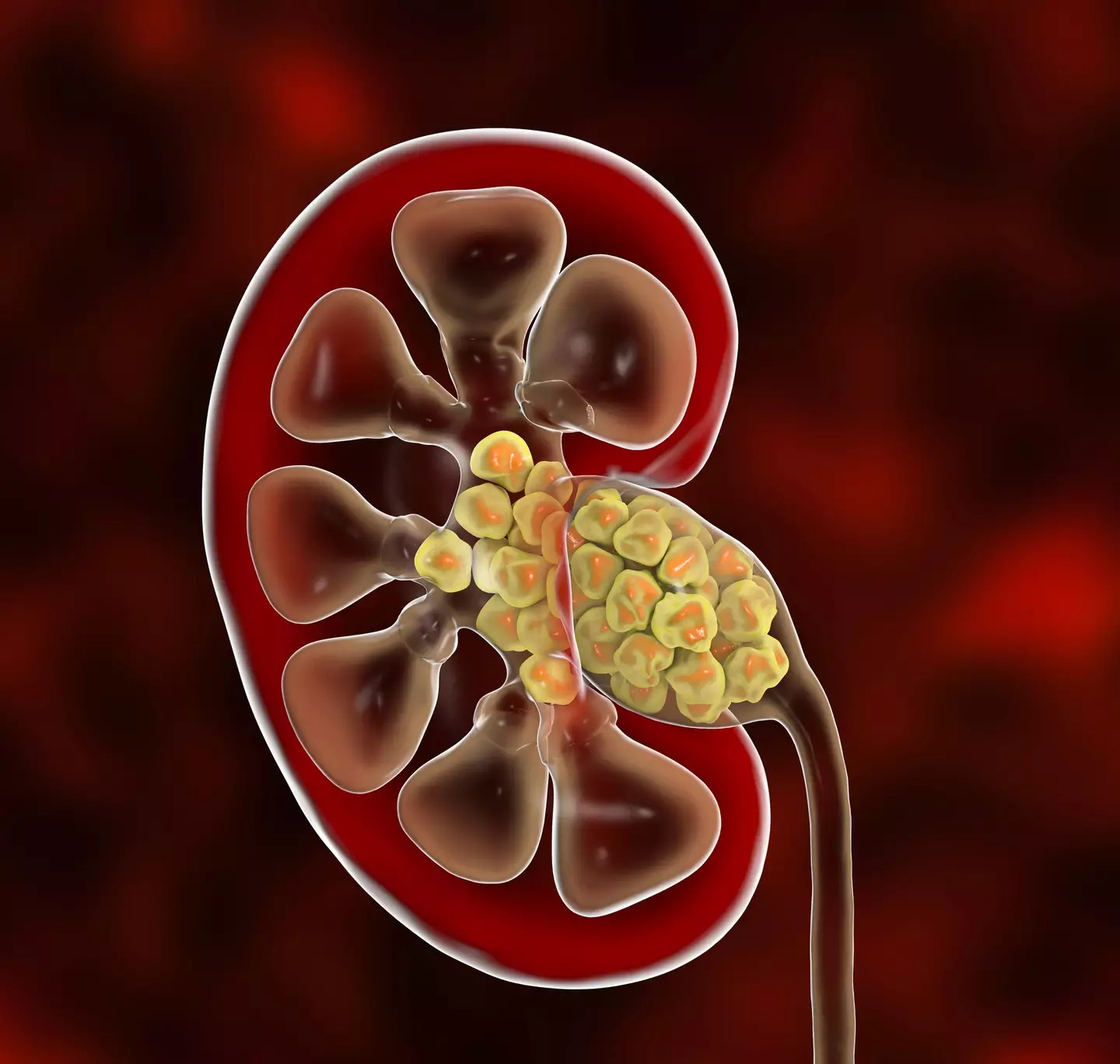Ever wondered what the worst natural pain is?
The Age-Old Debate: What’s the Most Excruciating Pain?
For centuries, people have debated what the worst natural pain a human can endure might be. Is it childbirth, often described as one of the most intense experiences for women? Or perhaps, for men, it’s the infamous kick to the groin?

Thanks to research, we now have a more definitive answer. Surprisingly, neither childbirth nor groin injuries top the list. Instead, the most excruciating natural pain comes from a condition that affects both men and women—kidney stones.
Why Kidney Stones Are the Worst Pain
Kidney stones, which are hard deposits of minerals and salts that form in the kidneys, have been widely acknowledged as causing pain that surpasses other natural experiences. For those who have endured both childbirth and kidney stones, the consensus often leans toward the latter as being significantly worse.
A recent study delved into this topic, gathering insights from 36 men and 23 women who had experienced kidney stones. Researchers Saiful Miah, Charlotte Gunner, Lucy Clayton, Suresh Venugopal, Nigel R. Boucher, and Bo Parys conducted the study, which concluded that kidney stones are indeed the most painful natural condition.
What the Study Revealed
The research findings were striking. Among male participants, 88.9% described kidney stones as the worst pain they had ever experienced. Similarly, 78.2% of women who had endured the condition agreed. The results showed no significant difference in pain intensity between genders, solidifying kidney stones as a universally agonizing experience.
One participant noted, “It’s not just the intensity of the pain but its persistence and unpredictability that make kidney stones unbearable.”

Expert Opinions on Kidney Stone Pain
Medical professionals echo the study’s conclusions. Professor Troy Madsen, an expert in emergency medicine at the University of Utah, emphasized the severity of kidney stone pain during an episode of the Who Cares About Men’s Health? podcast.
“I don’t know that I ever see anyone on a regular basis in the ER who has more pain than a person who’s there with a kidney stone,” he stated. “You can tell—they’re writhing. It’s just incredible pain.”
Additionally, a blog by doctors at Cedars-Sinai Medical Center described kidney stone pain as one of the most severe physical sensations a person can endure.
Managing Kidney Stones: What You Can Do
If you suspect you have a kidney stone, early intervention is crucial. Symptoms often include intense pain in the lower back or side, nausea, and difficulty urinating.
The Mayo Clinic advises increasing water intake to help pass smaller stones naturally. Over-the-counter pain relievers can help manage discomfort, but medical therapy may be necessary in some cases.
For larger stones that cause severe pain or blockages, surgery may be the only option. Procedures like shock wave lithotripsy or ureteroscopy can effectively remove problematic stones, offering relief.
Why Kidney Stones Are So Painful
The pain caused by kidney stones is due to their movement through the urinary tract. As the stones scrape against the walls of the ureter, they create excruciating discomfort that can last for hours or even days. Unlike other pains, which might subside with rest, kidney stone pain often comes in waves, leaving patients in constant agony.
A Pain That Brings New Perspective
Kidney stones not only top the list of the most painful natural conditions but also highlight the resilience of the human body. While medical advancements have made treatment more accessible, the intense pain serves as a reminder of the importance of kidney health and staying hydrated to prevent this condition.
So, the next time someone debates the worst natural pain, you can confidently point to science: kidney stones win this unsettling contest.

